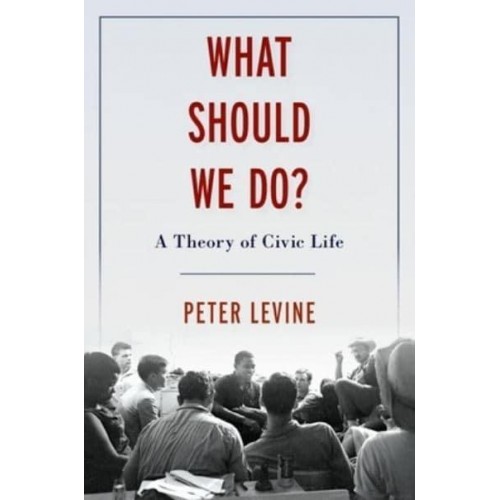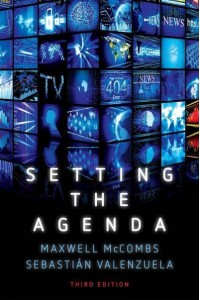Your shopping cart is empty!
Welcome visitor you can login or create an account.
What Should We Do? A Theory of Civic Life
Publisher: Oxford University Press
Author: Peter Levine
$47.08
Publisher:
Oxford University PressAuthor:
Peter Levine "Active and responsible citizens form or join and sustain functional groups in which they ask the fundamental civic question: What should we do? In these groups, they characteristically face problems of collective action (such as free-riding), of discourse (e.g., propaganda and ideology), and of exclusion. Elinor Ostrom and the Bloomington School of political economy demonstrate that collective-action problems can be solved and suggest "design principles" that increase the odds of success. Jürgen Habermas argues that people can deliberate; experiments with deliberative democracy offer insights about what makes these conversations go well. Gandhi and Martin Luther King, Jr. offer models of nonviolent social movements that indicate how to address problems of exclusion. Good civic action requires insights from these three traditions of theory and practice. This book concludes with a synthesis of the three traditions that also addresses the
| ISBN: | 9780197570494 |
| Publisher: | Oxford University Press |
| Imprint: | Oxford University Press |
| Published date: | 31 May 2022 |
| DEWEY: | 322.44 |
| DEWEY edition: | 23/eng/20220110 |
| Language: | English |
| Number of pages: | cm |
| Weight: | 485g |
| Height: | 243mm |
| Width: | 165mm |
| Spine width: | 26mm |
Write a review
Your Name:Your Review: Note: HTML is not translated!
Rating: Bad Good
Enter the code in the box below:
Discount
$131.92 $127.98





















